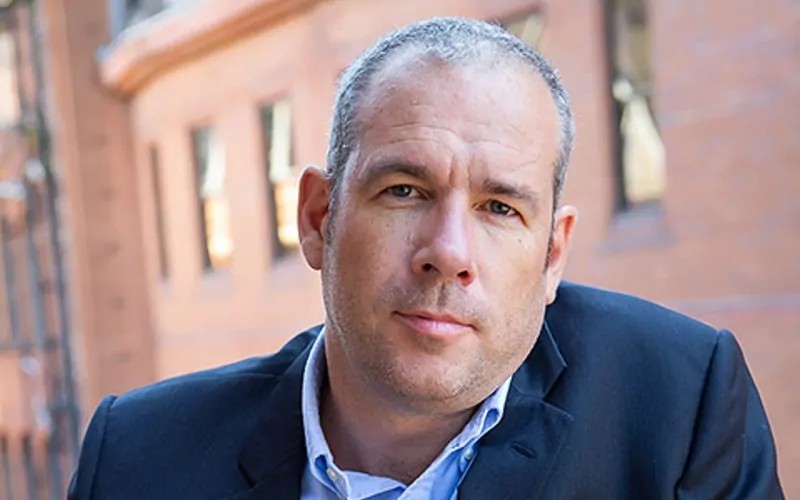A data archiving business with clients including the UK government will open a US base early next year.
MirrorWeb, which began life above a pub on Great Ancoats Street in Manchester, preserves the digital history of major organisations.
Following an unlikely first contract win with the National Archives – which you can read about here – it now works with the UK parliament, European Union, United Nations, BBC and financial services firms including Zurich, AXA and Aberdeen Standard.
Since the start of COVID-19, MirrorWeb has grown from 20 customers to 150 thanks to its first foray into outbound marketing – the result of a “very receptive” market in financial services in the US – and is now adding 30-40 customers a month.
Currently employing 54 people, it is planning to launch fully in the US with an office in Austin, Texas by the end of the first quarter in 2022.
“We’re looking to add probably another 25 heads by Q1 next year,” CEO David Clee tells our sister site TechBlast.
“Austin will give us the tech base that we need – but it also gives us sunrise in New York through to sunset in San Francisco, so we can do the whole 14 hours of daylight across the US.
“We’re intending to take some of our new grads from Manchester to populate our US office as well as recruiting staff in the US.”
The company, which secured its first £1 million funding from the Northern Powerhouse Investment Fund through Maven Capital Partners, raised another £2m from Maven in 2020 which “is going to fuel and fund that US expansion”, according to Clee.
It is a world away from former IT consultant Clee’s original idea: creating a web archiving technology which would copy a small business’s website and flick the traffic across to this ‘mirror image’ site in the event that the main site ever went down.
“It only cost $10 a month – and we had three customers,” recounts Clee. “We couldn’t really find product-market fit.”
It now works with hundreds of financial services organisations in the US alongside its significant clients in the public sector.
Since March 2021, it has worked alongside the United States’ oldest federal cultural institution, the Library of Congress, preserving its digital history.


